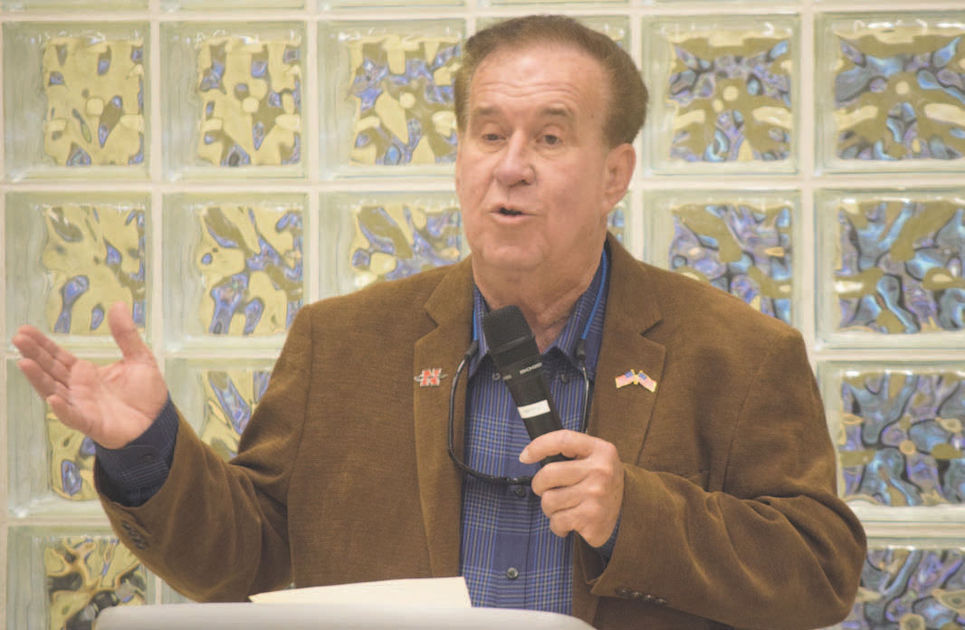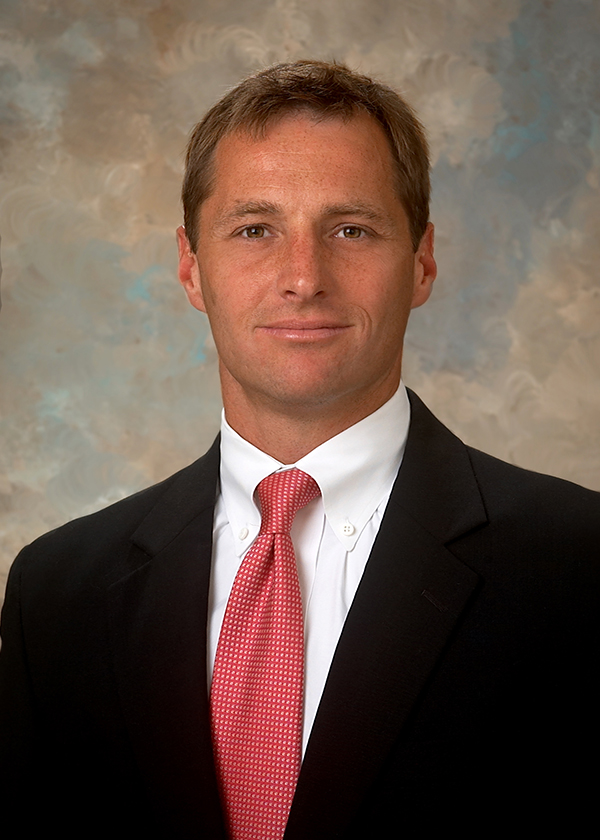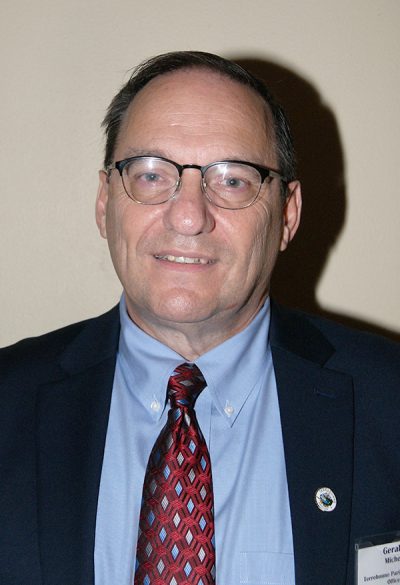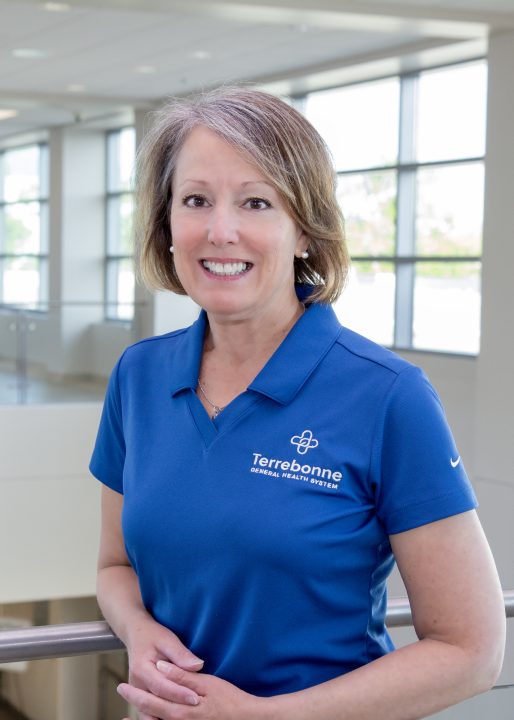
Firing of Ruffin-Roberson stays, council asks for fraud investigation
August 15, 2018
Quick Questions for the People in Charge | Tommy Meyer
August 15, 2018BEWARE PHARMACY DISCOUNT CARDS
BY GERALD MICHEL, TERREBONNE PARISH COUNCILMAN, DISTRICT 3
“If it’s too good to be true, it probably is” is an old adage that applies to most prescription discount cards that are being circulated with the promise of lower prescription prices for no cost to the user.
These cards mislead us in two ways. First, it has been my experience that many independent pharmacies have lower prescription drug prices than these cards promise.
Secondly, these discount cards unscrupulously “steal” from struggling consumers by charging “negative remits”, which others have begun to tag as “clawbacks”. A clawback occurs when a drug card actually makes the pharmacy collect a larger amount from the cardholder than the prescription is worth. The pharmacy is required to turn your money over to the “discount” card company. By the very definition of “discount” this should be illegal. Unfortunately, it’s not.
One might ask, “why is it legal”? One reason is because of the words illustrated on the card stating, “this is not an insurance card”. Because it is not insurance, these card companies report to no one. The state Department of Insurance does not have jurisdiction over their activities. Using these cards places you in “let the buyer beware” mode.
Discount card companies also get away with these tactics because some very reliable names vouch for them. For example, right here in Terrebonne Parish, we have been victimized by this scam on two occasions, one of which is still occurring.
Until we changed prescription drug plans for the Terrebonne Parish Consolidated Government (TPCG) employees, United Health Care was using their OptumRx division to manage the prescription drug plan for the TPCG employees. While exploring new options, I discovered that there were instances where OptumRx was charging the full $15 copay even though the cash price for the prescription was lower. Were they giving this extra money back to TPCG to save them money on claims? No. OptumRx was keeping the money. Once TPCG changed to its new pharmacy benefits manager (Southern Scripts), the parish began to see immediate and dramatic savings, to the tune of nearly $2 million the first year. Eliminating clawbacks was only a minor reason for the savings.
The second scam is one that (thankfully) is not very well known in the parish. Since TPCG is a member of the National Association of Counties (NACo), we have access to a discount plan promoted by the association. Once again, this is not a true discount plan. Clawbacks are taking money out of the pockets of these unsuspecting “discount” card users. Where does this money go? Most of it goes to the card company. After all, they exist simply to be another layer of costs for those of us who must purchase prescription drugs. Additionally, according to NACo officials, they receive ten cents ($0.10) for every prescription filled using this “discount” card, and TPCG has the opportunity to earn ($1.00) for every prescription filled.
I don’t think people who need help with their prescription expenses have any intention of lining the pockets of opportunists, whether they are savvy entrepreneurs who lack consciences, national government associations who are trying to pick up a few extra bucks, or local government entities to whom we are already paying taxes. My sincere hope is that our state and local legislators start doing research and become better protectors of the public from this type of scam. Faux prescription discount cards are the tip of the iceberg of problems with our pharmaceutical industry’s finances, but it would be nice to see our government start protecting us from the myriad of scams perpetrated on our national health care system by the pharmaceutical companies and insurance companies in conjunction with their accomplices, the PBMs, who seem to report to no one. •






